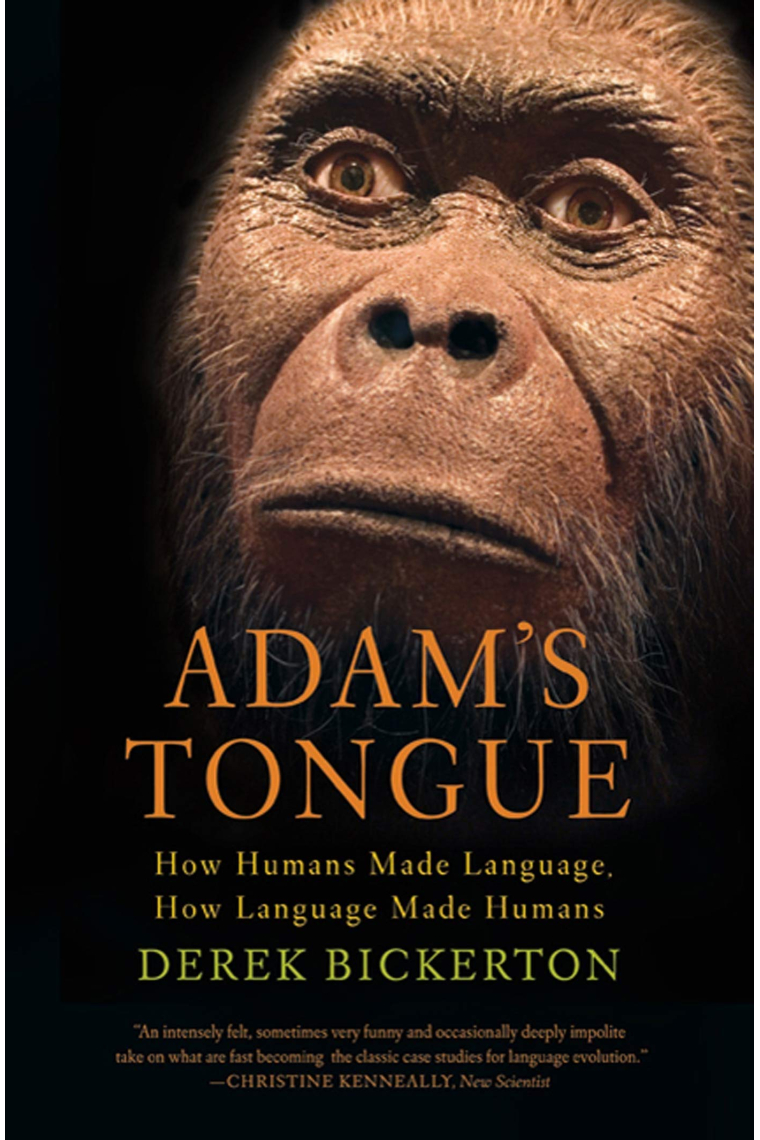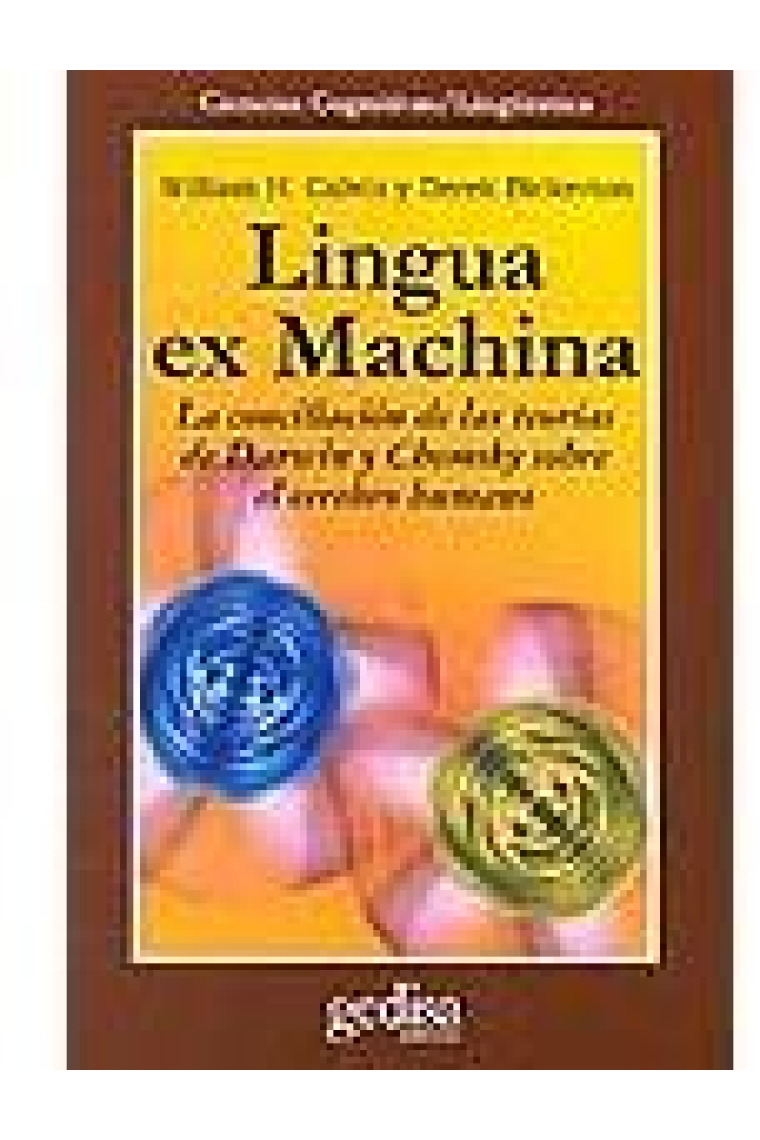Detalles del libro
But structured language presents the same evolutionary problems as feathered forelimbs for flight: you need a lot of specializations to fly even a little bit. How do you get them, if evolution has no foresight and the intermediate stages do not have intermediate payoffs? Some say that the Darwinian scheme for gradual species self-improvement cannot explain our most valued human capability, the one that sets us so far above the apes, language itself.
William Calvin and Derek Bickerton suggest that other evolutionary developments, not directly related to language, allowed language to evolve in a way that eventually promoted a Chomskian syntax. They compare these intermediate behaviors to the curb-cuts originally intended for wheelchair users. Their usefulness was soon discovered by users of strollers, shopping carts, rollerblades, and so on. The authors argue that reciprocal altruism and ballistic movement planning were "curb-cuts" that indirectly promoted the formation of structured language. Written in the form of a dialogue set in Bellagio, Italy, Lingua ex Machina presents an engaging challenge to those who view the human capacity for language as a winner-take-all war between Chomsky and Darwin.
- Encuadernación Otros
- Autor/es Bickerton, Derek / Calvin, William H.
- ISBN13 9780262032735
- ISBN10 0262032732
- Páginas 298
- Año de Edición 2000
Lingua ex machina (Reconciling Darwiin and Chomsky with the human brain)
- Derek Bickerton , William H. Calvin
- Editorial MIT
- ISBN 9780262032735
 ¡Gracias por comprar en librerías reales!
¡Gracias por comprar en librerías reales!

 Lo mejor de noviembre
Lo mejor de noviembre  Alibri Llibrería, Barcelona
Alibri Llibrería, Barcelona
 Librería Lé, Madrid
Librería Lé, Madrid
 Caselles Llibrería, Lleida
Caselles Llibrería, Lleida














